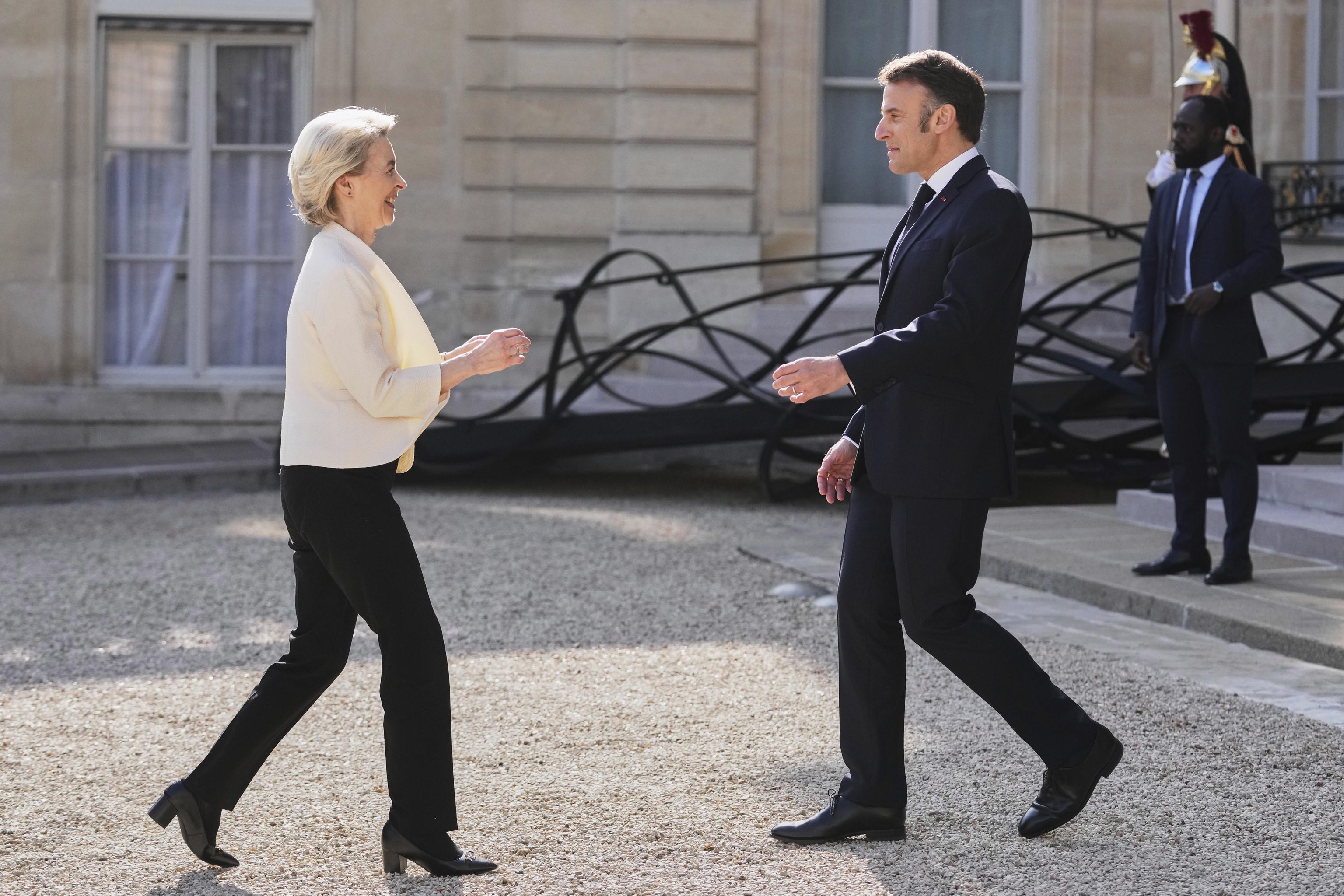Brussels is determined to engage in a trade war with the United States, and to inflict as much damage as possible on the country's economy and its President, Donald Trump. Not because it is their desire, as the European Commission maintains that they want to "find a negotiated solution between both parties".
"We do not want to do this," pointed out the EU Trade spokesperson, Olof Gill, on Thursday at a press conference. But as that possibility is very remote, almost impossible, Brussels continues to "calibrate" its response for when Trump's tariffs come into effect. At that moment, they will seek "the greatest impact against the United States and the least repercussion on Europe."
"The issue is not whether we are surprised or not, but whether we are prepared or not. And yes, we are," continued the Commission's spokesperson amidst the numerous questions following the measures announced by Trump yesterday. The tycoon announced that he will apply a 25% tariff "to all cars not manufactured in the US," and the measure will take effect on April 2. "The day of liberation," as the US President defined it.
"What we are going to do now is prepare for a proportionate, firm, well-calibrated, and timely response to any future measures announced by the United States," added the Commission, which has already stated that they will wait until mid-April to apply the $26 billion in tariffs they are already working on. And that figure will be added to what they decide to do in the automotive sector. Because what was announced by Trump yesterday will also have a response, although the Executive already anticipates that on that same day 2, perhaps nothing concrete will be known.
In the EU capital, they insist that the measures they are going to apply are "smart," and that they have a list of products "with high symbolic value" that are particularly important in Republican states. Those that most supported Trump.
"This includes agricultural products such as soybeans, which are significantly produced in Louisiana, the home state of the Speaker of the US House of Representatives, Mike Johnson," they always cite as an example in the Commission, while adding that the same food can be found in Argentina or Brazil. In other words, Europeans will be able to continue consuming soybeans at a similar price while the United States suffers a penalty.
"It is regrettable to enter into this war"
And from the Government of Spain, the Third Vice President of the Government and Minister for Ecological Transition, Sara Aagesen, has insisted that the ideal would be to find a negotiated solution. "A word that resonates a lot with Europe is to dialogue before having to resort to measures that are proportionate and equivalent, but if that path of dialogue does not work, obviously we will work towards those proportionate measures," she pointed out in an interview with EFE.
"It is regrettable to enter into this, let's say, trade war," Aagesen emphasized, adding that the word war "already says a lot in itself."
